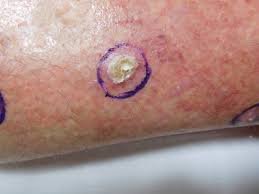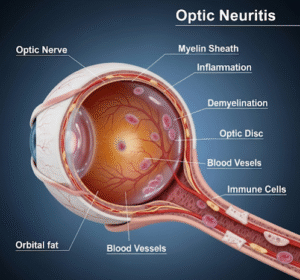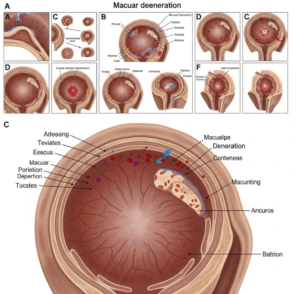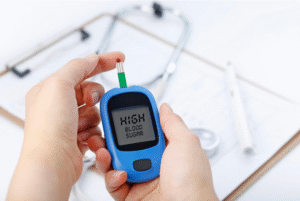Overview
Alzheimer’s disease is a progressive neurodegenerative disorder that causes memory loss, cognitive decline, and behavioral changes. It is the most common cause of dementia among older adults. Over time, the disease interferes with daily functioning, leading to total dependency. Although Alzheimer’s has no cure, early diagnosis and comprehensive care—especially in medically advanced countries like South Korea—can help manage symptoms and improve quality of life.
What is Alzheimer’s Disease?
Alzheimer’s disease is a brain disorder characterized by the accumulation of abnormal protein deposits—amyloid plaques and tau tangles—that damage and kill brain cells. These changes impair thinking, memory, and behavior. The disease typically begins slowly and worsens over time, eventually leading to severe cognitive and functional impairments.
Symptoms
- Memory loss that disrupts daily life (e.g., forgetting recent events or appointments)
- Difficulty with problem-solving or planning
- Confusion with time or place
- Trouble understanding visual images and spatial relationships
- Difficulty finding words or following conversations
- Poor judgment or decision-making
- Mood and personality changes (e.g., anxiety, depression, aggression)
- Withdrawal from social activities or work
Symptoms often develop gradually and worsen as the disease progresses through stages—mild, moderate, and severe.
Causes
The exact cause is unknown, but Alzheimer’s is believed to result from a combination of:
- Abnormal protein buildup in the brain (amyloid beta and tau)
- Genetic mutations (especially in early-onset Alzheimer’s)
- Neurotransmitter imbalances, especially a decline in acetylcholine
- Inflammation and oxidative stress in brain cells
Risk Factors
- Age – Most common in people over 65
- Family history – Especially if parents or siblings are affected
- Genetics – Presence of the APOE-e4 gene increases risk
- Down syndrome – Strongly linked with early-onset Alzheimer’s
- Head trauma – Especially repeated injuries
- Cardiovascular issues – High blood pressure, diabetes, obesity, and smoking
- Poor sleep – Chronic sleep disturbances and untreated sleep apnea
- Lack of mental or social engagement
Complications
- Inability to perform daily tasks (e.g., bathing, eating, dressing)
- Malnutrition and dehydration
- Depression or anxiety
- Wandering or getting lost
- Falls and injuries
- Pneumonia or infections from immobility
- Total dependency and eventual death in advanced stages
Prevention
There is no guaranteed way to prevent Alzheimer’s, but you can reduce risk by:
- Engaging in regular physical activity
- Following a heart-healthy diet (e.g., Mediterranean diet)
- Managing blood pressure, cholesterol, and diabetes
- Staying mentally active through reading, puzzles, or learning
- Maintaining social connections
- Getting quality sleep
- Avoiding smoking and excessive alcohol
- Protecting the head from injury
Treatment Options in Korea
South Korea provides world-class Alzheimer’s care through specialized neurology centers, memory clinics, and geriatric services.
1. Medications
- Cholinesterase inhibitors (Donepezil, Rivastigmine, Galantamine) – improve communication between brain cells
- NMDA receptor antagonist (Memantine) – regulates glutamate to support memory and learning
- Newer drugs like Lecanemab (in clinical use globally) are under review in Korea
2. Diagnostic Services
- Brain MRI, PET scans, and cognitive assessments
- Biomarker testing for early detection (available at major hospitals)
- Genetic counseling for familial Alzheimer’s
3. Non-Drug Therapies
- Cognitive behavioral therapy (CBT)
- Reminiscence therapy
- Music and art therapy
- Physical and occupational therapy
4. Advanced Support Services
- Daycare and memory care facilities for early and moderate stages
- Home care nursing and caregiver support
- Legal, financial, and psychological counseling
5. Research & Clinical Trials
- Korean institutions like Samsung Medical Center and Seoul National University Hospital are involved in:
- Biomarker research
- Neuroimaging studies
- Early-phase trials for new Alzheimer’s treatments, including immunotherapies













